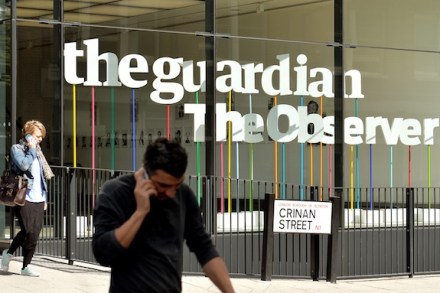Copenhagen shooting: we debated free speech despite the gunfire – we will not surrender
I was invited to Lars Vilks* Committee in Copenhagen to present Passion for Freedom London Art Festival. The committee is organised annually, on the anniversary of Salman Rushdie’s fatwa. The meeting started with a short introduction from one of the organizers followed by François Zimeray, the French ambassador, commemorating Charlie Hebdo and discussing the challenges that we face when it comes to the threats to freedom of speech and democracy in our countries. After a short introduction, Inna Shevchenko opened the panel and started to talk about Femen and her work. She also discussed her close friendship with Charb, the editor of Charlie Hebdo, and how they both stood strong exercising their right to


















